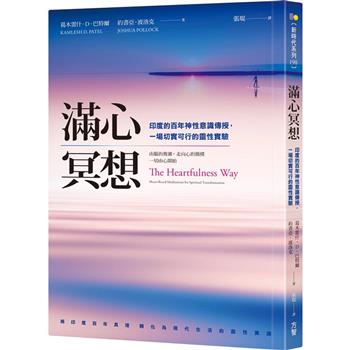Even though high levels of unemployment are a core reason for poverty in South Africa, among the poor are a large number of working individuals (Leibbrandt, Finn & Woolard, 2012; Van der Berg, 2011). The working-poor earn not only low incomes but also possess little power in the employment relationship. Unlike highly sought-after professionals, low-income employees are easily replaced owing to their low formal skills and education levels, while at the same time being particularly reliant on their jobs for survival (Ehrenreich & Siebrase, 2014; Visser & Meléndez, 2015). To counter the resulting power differential amongst low-income workers and employers, the South African labour legislation, under specific conditions, allows trade unions to mobilise their members to engage in protest actions (Labour relations Act, 1995). While common, protest actions frequently lead to losses on both sides: productivity losses for organisations and loss of income for protesting employees. For example, in 2014 the South African mining industry alone lost just over 7 billion Rand because of protest actions that lasted five-month, and during that time protesting employees did not earn an income (William, 2017). De Wet (2012) also found that employees generally do not believe that engaging in protest action is financially rewarding.
| FindBook |
|
有 1 項符合
Strikes and Stoppages: The South African Working Poor’s Weapon of Choice的圖書 |
 |
$ 1019 | Strikes and Stoppages: The South African Working Poor’s Weapon of Choice
作者:Williams 出版社:Tredition Gmbh 出版日期:2024-05-29 語言:英文 規格:平裝 / 104頁 / 22.86 x 15.24 x 0.64 cm / 普通級/ 初版  看圖書介紹 看圖書介紹
|
|
|
圖書介紹 - 資料來源:博客來 評分:
圖書名稱:Strikes and Stoppages: The South African Working Poor’s Weapon of Choice
|











